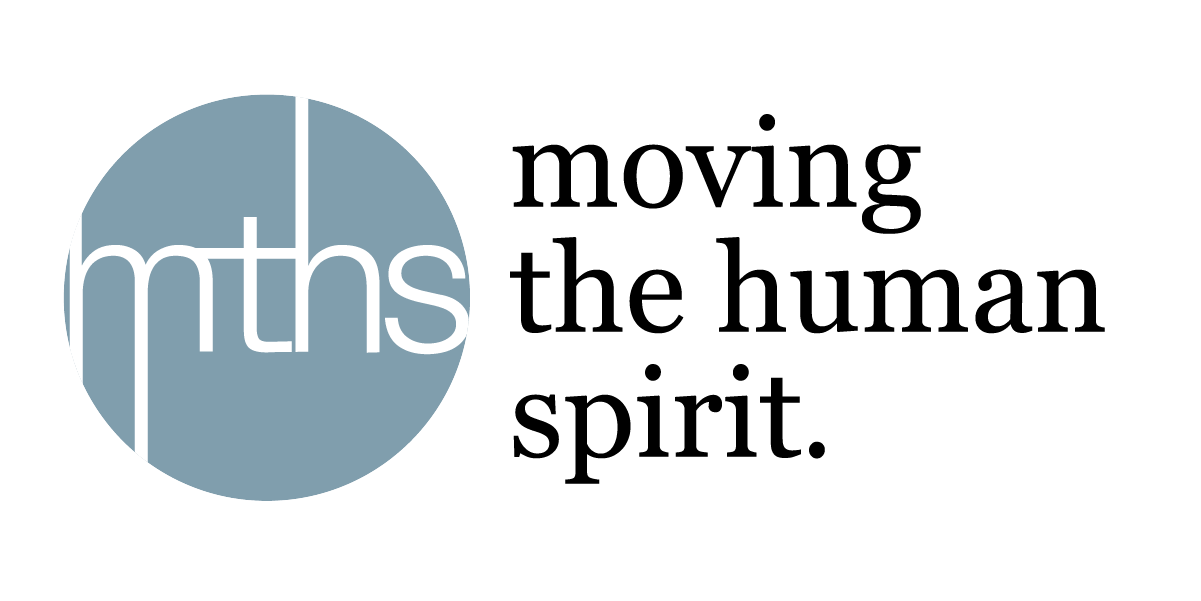Finding the right trauma-informed coach training program can feel like a never-ending process. If you’re like me, you want to make an informed decision and pick the best program possible.
But with so many options available, the process can quickly become overwhelming. As of writing this, ICF’s directory lists over 3,700 programs to sort through. Even narrowing your focus to mental well-being leaves you with just shy of 200 options. Simply put, the process of choosing is utterly exhausting.
That’s why I wrote this article—to help you make an informed decision, especially if you’re considering Moving The Human Spirit (MTHS) as one of your options. Keep reading to learn why I ultimately selected MTHS as my provider for trauma-informed coach training.
What Is Trauma-Informed Coaching?
But first, let me quickly explain what trauma-informed coaching even is, especially since my definition has significantly evolved since completing my program with MTHS.
Trauma-informed coaching acknowledges and honors the role that trauma plays in our clients’ lives. With this awareness in mind, we support clients in managing the thoughts, feelings, and emotions that arise in our work together. At the end of the day, it’s about supporting clients in their humanness and wholeness.
According to MTHS, “Trauma-informed coaches apply their understanding of the presence of trauma to help people build resilience and move forward… [They] help people to grow beyond the traumatic imprint, finding meaning where they can so they may live richer, more fulfilling lives.”
9 Great Reasons To Choose MTHS For Trauma-Informed Coach Training
There are several reasons I chose MTHS over other providers, some of which I knew from the outset and others that revealed themselves during the program. Here are a few of the top ones:
1. Considers different types of trauma.
As a coach, I recognize that trauma can manifest in many different ways, and I wanted a program that recognized this nuance and depth.
I was initially drawn to MTHS because of its expansive view of trauma. For instance, several of its faculty members are trained in supporting individuals navigating the trauma associated with the post-partum period. Others specialize in first responder trauma.
This holistic view of trauma has paid off for me. Clients have come to me with trauma from work, relationships, religion, cults, you name it, and I now feel more confident in supporting their self-regulation. I feel like I have the tools to help, regardless of the specific trauma.
2. Teaches students both trauma and coaching.
Another factor that drew me to MTHS was its focus on gaining skills in both trauma and coaching. Some programs skew toward trauma awareness, while others focus on building your coaching skills. This program truly emphasizes both, as well as how each element comes up in coaching sessions and how we, as coaches, can best support clients.
3. Dives far deeper than other programs.
This program goes deeper than many other programs I’ve researched. It covers a wide range of topics but also dives deeply into each one. I didn’t have to settle for a surface-level overview or an overly specialized program that missed breadth.
For example, we spent two full weeks on the science of trauma and also devoted time to deepening our listening skills.
Despite my doctoral research in mental health, I constantly felt appropriately challenged by material that was both rigorous and diverse.
4. Treats clients as the ultimate experts.
MTHS is one of the first training programs I’ve seen that truly aligns with ICF’s definition of coaching: “partnering with clients in a thought-provoking and creative process that inspires them to maximize their personal and professional potential” (emphasis added). In fact, MTHS goes further, urging us to gain client buy-in and empower the people we work with. It was refreshing to see this dedication to positioning clients as the experts in their own lives.
5. Offers practical tools.
I picked up so many tools that I use with my clients. I have a binder with 30+ tools that I regularly turn to! These aren’t just “woo-woo” tools but practical strategies that I can use as a coach and clients can leverage as experts in their lived experiences.
One of my favorite learnings from the MTHS program was the Window of Tolerance. It naturally comes up in conversations with clients at least weekly, and I can see the relief as they gain a deeper understanding of themselves.
6. Provides ample practice.
Sometimes, I leave programs thinking, “Great tools, but how will I actually apply them?” That wasn’t the case with MTHS. We were constantly empowered to try out the tools in real coaching sessions, not just mock scenarios.
7. Bakes in feedback from a master coach.
The program has feedback baked in throughout. Many coaching programs don’t give feedback or only do so once at the end. MTHS had tons of opportunities to receive feedback from one another and the faculty.
8. Features exceptional faculty.
The MTHS faculty is second to none. My cohort facilitator was Kim Leischner. She’s a Master Certified Coach (MCC), which is the highest credential offered by ICF. We also had Brad Hardie, an MCC and the co-founder of MTHS, as a guest facilitator for two weeks.
9. Brings together students who genuinely care.
My peers were fabulous. They weren’t just there to get ICF certification or complete CEUs, which can sometimes feel like the case in training programs. Every one of my peers genuinely cared about helping people heal and reach their full potential.
Is Moving The Human Spirit ICF-Accredited?
Yes, MTHS is accredited by the International Coaching Federation. You can independently verify the program’s ICF accreditation using ICF’s Education Search Service.
Final Thoughts
Becoming a certified trauma-informed coach is a process that requires time and effort, but it’s worth the investment of your energy. And MTHS is a phenomenal choice in which to complete your training program. You’ve got this!



